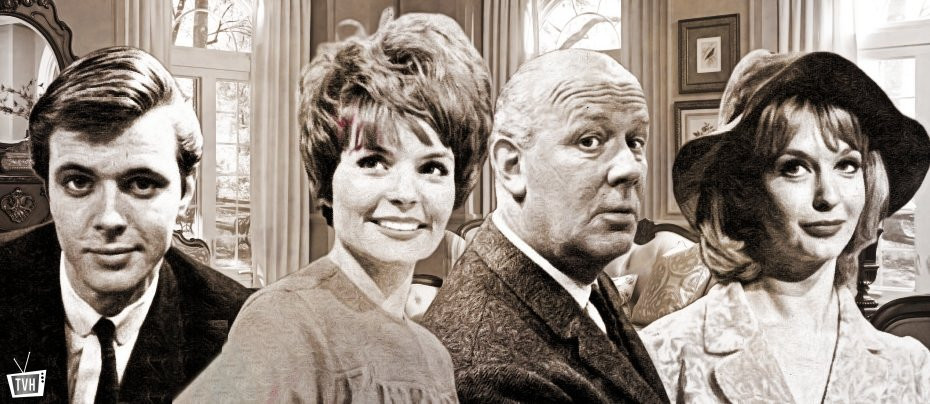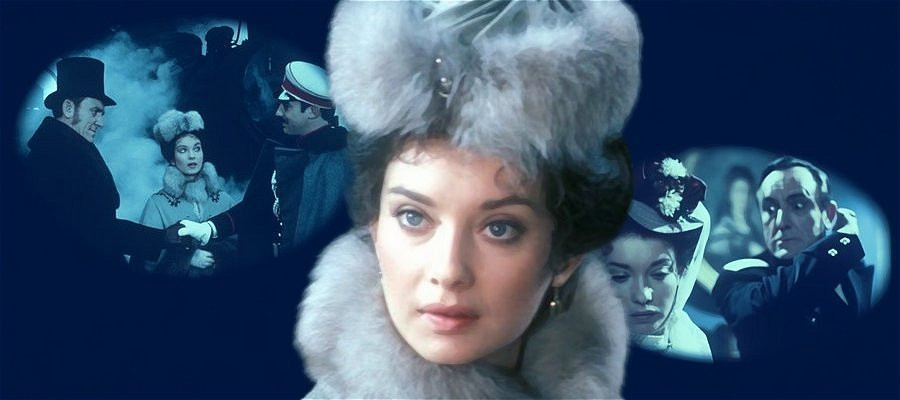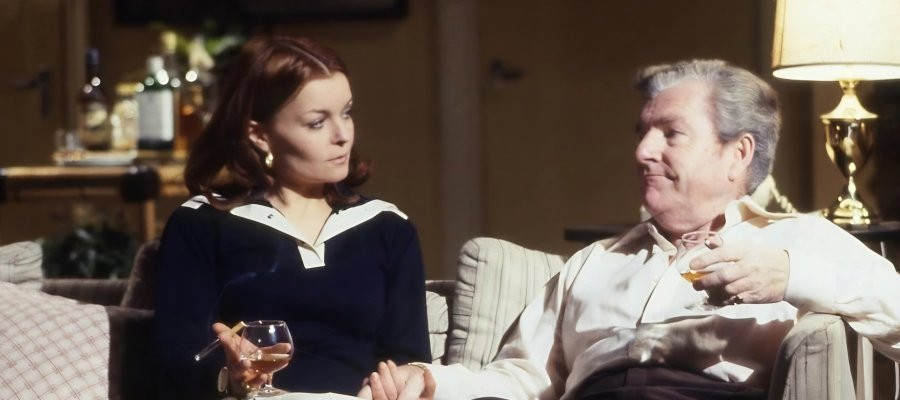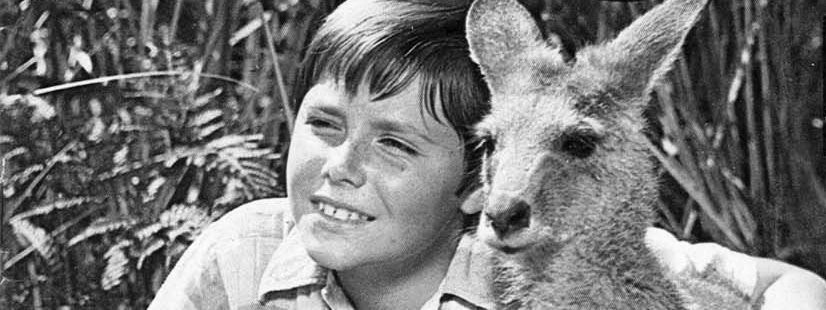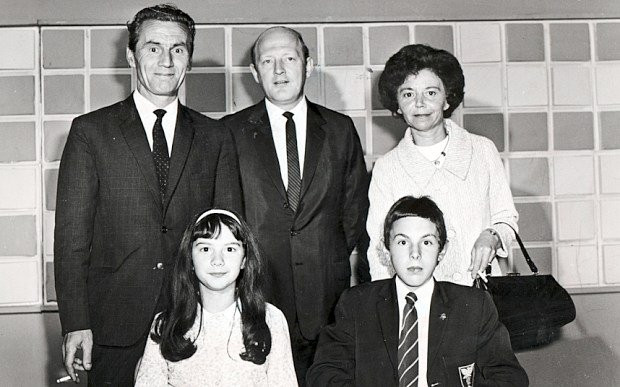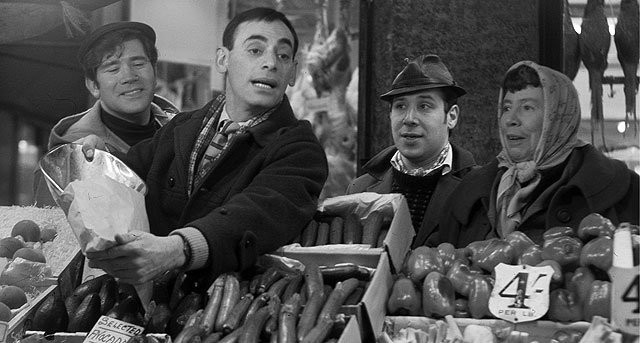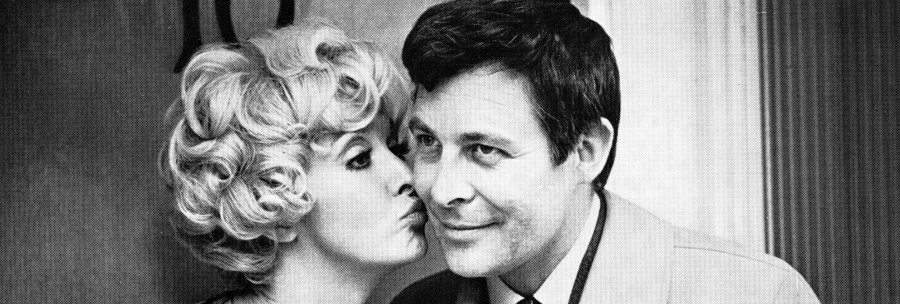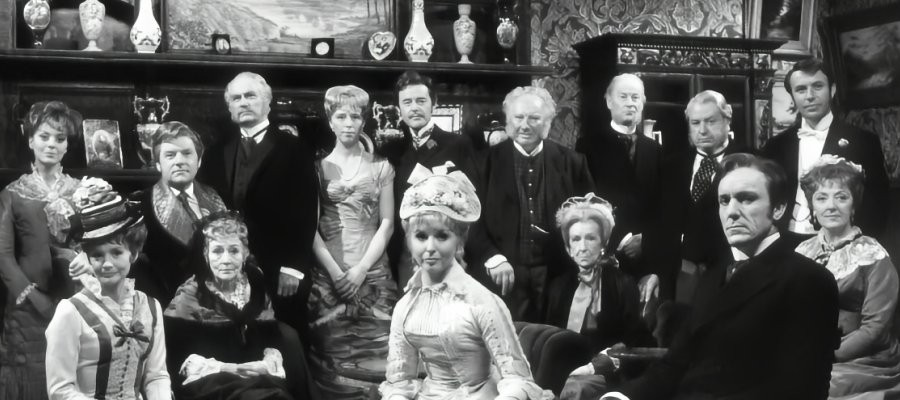
The Forsyte Saga
1967 - United KingdomOriginally broadcast in 1967, The Forsyte Saga stands as a landmark in the annals of British television. A sumptuous adaptation of John Galsworthy’s sweeping series of novels chronicling the fortunes and failures of a wealthy London merchant family, it was the last major BBC drama to be filmed in black and white. With a budget of £250,000 – a staggering sum for the time – it was also the most expensive production the Corporation had undertaken to date.
What makes The Forsyte Saga especially remarkable is not just its production values or period accuracy, but the extraordinary lengths producer Donald Wilson went to in order to bring the series to the screen. The BBC’s long-standing hesitation to negotiate publishing rights with living authors (or their estates) almost derailed the project from the start. But Wilson’s persistence paid off, and the result was a 26-episode triumph that would change the landscape of British television.
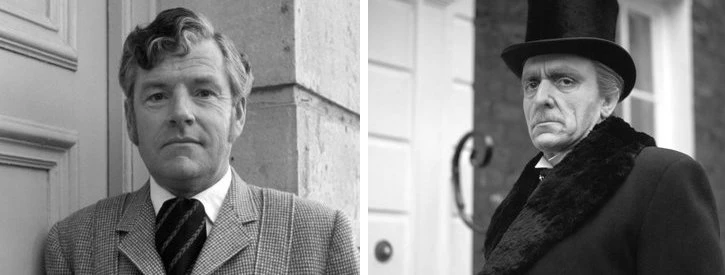
The story spans nearly five decades, from 1879 to 1926, beginning with Jo Forsyte (played by Kenneth More), a free-thinking rebel who scandalously abandons his wife for his pregnant mistress. But it is Eric Porter’s chillingly brilliant portrayal of Soames Forsyte that gives the drama its darkest and most enduring moments. A cold, possessive lawyer, Soames enters a loveless marriage with the luminous Irene (Nyree Dawn Porter), who ultimately seeks solace in the arms of architect Phillip Bosinney (John Bennett). One of the most shocking scenes ever broadcast at the time – Soames’ rape of Irene – remains etched in television history, both for its raw emotional impact and the brave, unsparing way it was presented to viewers in the 1960s.
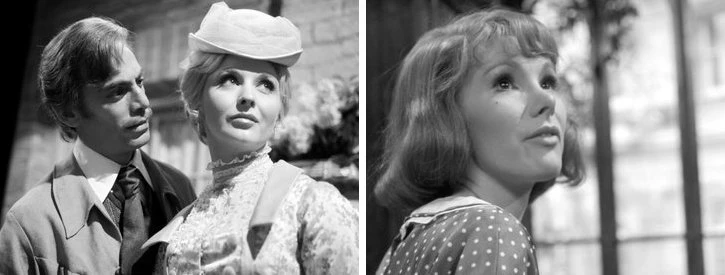
As the years progress, the generational conflict continues with the children of these fractured unions: Soames' daughter Fleur (Susan Hampshire) and Jo and Irene’s son Jon, whose forbidden romance is both passionate and tragic. The intricacies of love, family pride, and social expectation are laid bare in a narrative that feels as emotionally potent now as it did nearly six decades ago.
Despite its placement on the then-niche BBC2 channel, The Forsyte Saga quickly gained an audience of over six million. When repeated on BBC1 the following year, it captured the imagination of an even broader public, drawing in 18 million viewers – an extraordinary figure even by today’s standards. It was also the first BBC serial to be purchased by the Soviet Union, a remarkable cultural exchange during the Cold War era.
Beyond its immediate success, The Forsyte Saga had a lasting legacy. It inspired a wave of period drama adaptations, such as The First Churchills and The Pallisers, and helped to establish the model for the literary miniseries format. Its success on PBS in the United States paved the way for adaptations like Rich Man, Poor Man, proving that there was a transatlantic appetite for highbrow drama told on an epic scale.
In 2002, a new generation was introduced to The Forsyte Saga through a lavish ITV remake starring Damian Lewis as Soames and Gina McKee as Irene. While the newer version boasted all the advantages of colour, modern production techniques, and a brisker pace, it lacked the stately gravity and refined performances of the original. Nevertheless, it served as a testament to the enduring power of Galsworthy’s creation and the BBC’s trailblazing adaptation.
Verdict (2025 perspective):
★★★★★ The Forsyte Saga is not only a masterpiece of period storytelling, but a defining moment in the evolution of television drama. It demonstrated that serious literature could be translated to the small screen with integrity, depth, and popular appeal. In doing so, it helped lay the groundwork for the prestige dramas we enjoy today.
Seen this show? How do you rate it?
Seen this show? How do you rate it?
Published on May 12th, 2025. Written by Laurence Marcus for Television Heaven.



